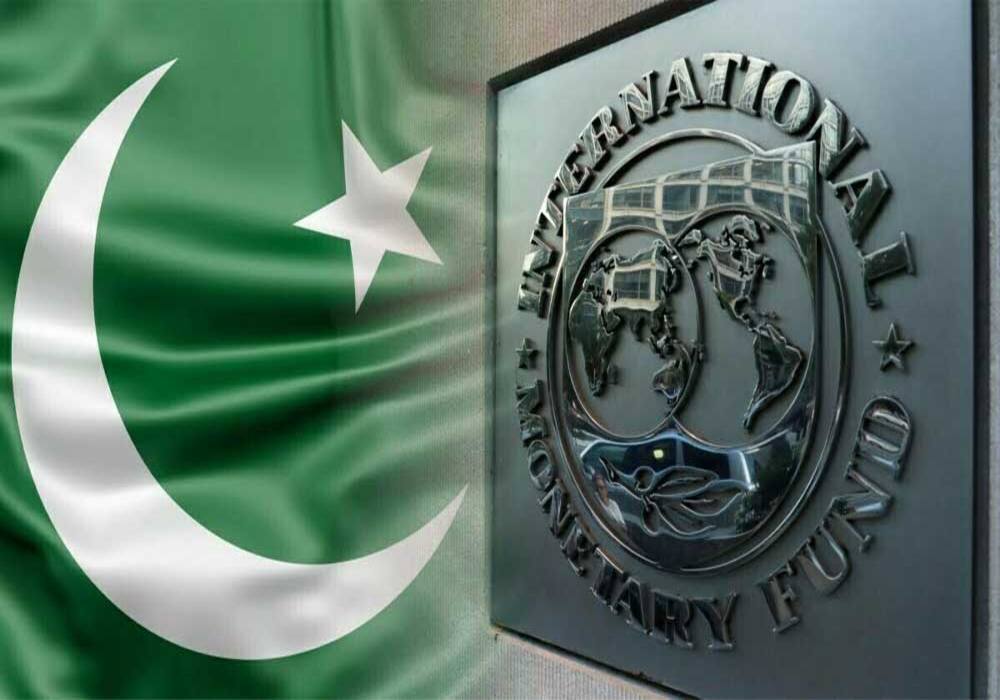Pakistan’s failure to reach a deal with the International Monetary Fund (IMF) would increase the likelihood of default, Bloomberg reported.
According to the report of Bloomberg Intelligence Unit, if Pakistan does not get the IMF programme, the economic conditions may deteriorate further. Pakistan can negotiate a new programme with the IMF in October and support from friendly countries is also needed to avoid default.
As per the report, the absence of an agreement with the International Monetary Fund (IMF) will heighten the risks of Pakistan facing a potential default. This, in turn, could lead to further economic challenges for the country in the upcoming financial year.
The report highlights that Pakistan is facing the task of repaying an additional $900 million by the end of June, along with a further $4 billion from July to December and if the foreign exchange reserves drop below $4 billion, there is a heightened risk of potential default.
“Pakistan is required to secure a significant amount of dollars by December to meet its financial obligations,” the report added.
Given the upcoming elections in October, discussions for a fresh IMF bailout are unlikely to begin until after that time. The process of reaching a formal agreement is also expected to be time-consuming. As a result, it is reasonable to anticipate that the actual disbursement of financial assistance through a new IMF programme will not take place until December.
To maintain import restrictions, it is anticipated that the State Bank of Pakistan (SBP) will raise interest rates beyond the existing rate of 21%. The projected scenario assumes that the SBP will maintain the status quo until December, contingent upon the timely arrival of IMF assistance by the end of June.
If import restrictions persist and the Pakistani rupee continues to depreciate, it is expected that inflation in fiscal year 2024 will exceed current estimates, with an average inflation rate of approximately 22%.
The combination of higher borrowing costs, constraints on raw material imports, and increased inflation is likely to have a detrimental impact on production, while also dampening consumption.
Source: Samaa


